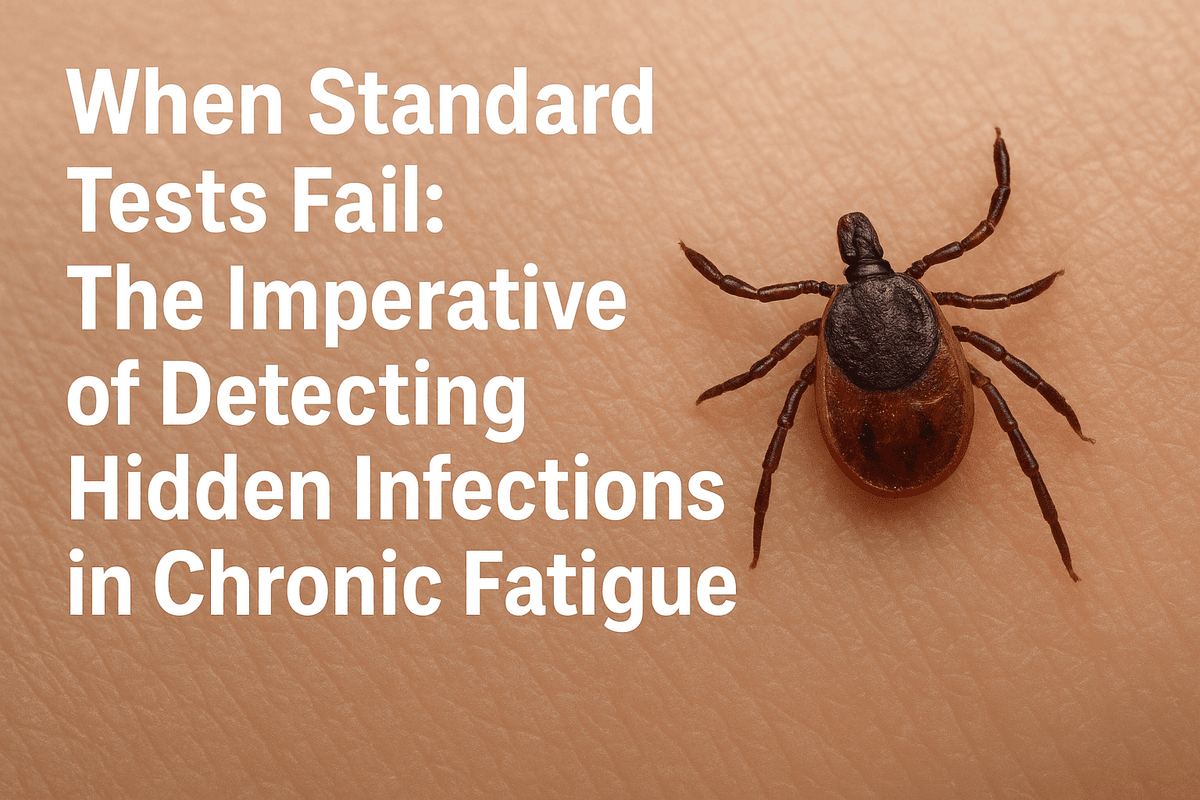Her story highlights the challenge many patients face when symptoms overlap with other conditions. Lyme disease can manifest in a variety of ways, often mimicking chronic fatigue syndrome, autoimmune disorders, or neurological issues. Because of this, patients are sometimes misdiagnosed or told their symptoms are psychological. Standard tests don’t always pick up the infection, especially in later stages, which can delay appropriate treatment and prolong suffering.
For laboratories and healthcare providers, Maia’s experience serves as an important reminder of the crucial role of reliable diagnostic testing. Accurate detection of Borrelia burgdorferi, the bacterium responsible for Lyme disease, and other tick-borne pathogens such as Anaplasma, Ehrlichia, and Babesia species, is essential for timely intervention. Comprehensive testing protocols and clinician awareness can help prevent chronic complications and ensure that patients receive the right care sooner.
As the number of tick-borne infections continues to rise across the UK and beyond, early and precise laboratory diagnosis remains one of the strongest tools in protecting public health — and in giving patients like Maia a clearer path to recovery.




